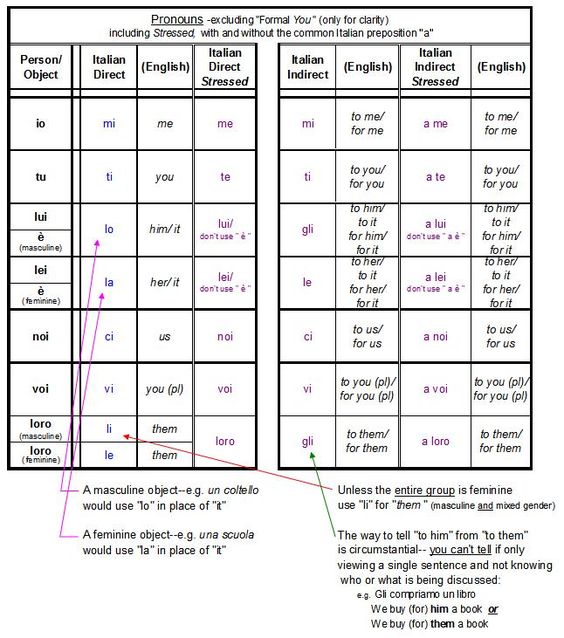When selecting a broker for futures trading, several key factors should be taken into account to ensure you find a suitable platform for your financial needs and trading style. These factors include regulation, costs, platform features, customer support, educational resources, and technological tools.
Regulation and Trustworthiness: Ensure the broker is regulated by a reputable financial authority such as the Commodity Futures Trading Commission (CFTC) and the National Futures Association (NFA) in the U.S., or equivalent organizations in other countries. Strong regulatory oversight helps protect your investments and ensures fair practices.
Commissions and Fees: Evaluate the cost structure of each broker, including commissions, margin rates, platform fees, and any hidden charges. Some brokers may offer lower commissions but higher margin rates, so it’s important to compare overall costs based on your trading frequency and style.
Trading Platform and Tools: The broker should provide a robust trading platform that suits your level of expertise. Look for advanced charting tools, technical indicators, algorithmic trading support, and real-time data feeds. A user-friendly interface is a bonus for ease of navigation.
Customer Support: Reliable customer support is crucial for addressing urgent trading issues or platform glitches. Check the availability of support through various channels, such as live chat, phone, and email, and ensure they offer timely response times.
Market Access and Product Offerings: Verify which futures markets are accessible through the broker, such as commodities, indices, currencies, or interest rates. Ensure that the broker offers the specific futures contracts you plan to trade.
Account Types and Minimum Requirements: Some brokers may require a minimum deposit to open a futures trading account. Review the different account types offered and select one that aligns with your investment capital and trading needs.
Educational Resources: For those new to futures trading, access to educational resources such as webinars, tutorials, and articles can be beneficial in building your trading knowledge and skills.
Choose a broker that not only complies with these factors but also aligns with your personal preferences and trading objectives. Researching and comparing different brokers will help you find a future trading partner that meets your expectations.

No responses yet